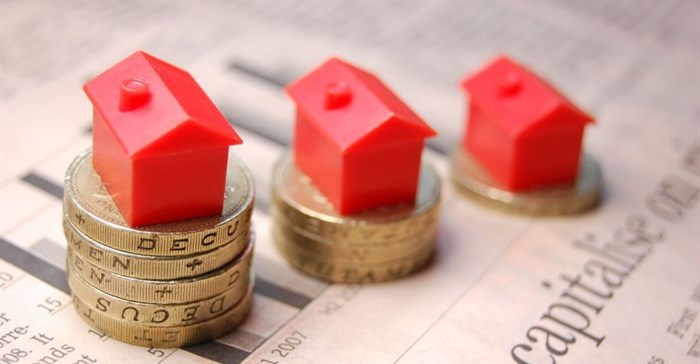
Top stories






More news


Marketing & Media
Ads are coming to AI. Does that really have to be such a bad thing?














By remaining quiet, Moody’s has given itself more time to review the potential risks surrounding our economy. With uncertainty leading up to our national elections in May, it is likely that South Africa will therefore hold onto its Baa3 rating (which is just one dangerously close step away from ‘junk’ status) until our immediate future becomes more certain. For homeowners, this is good news, as it means that interest rates are more likely to remain stable until Moody’s makes an official decision regarding our credit status.
In terms of foreign investment in South Africa, we predict a potential cooling effect in housing market activity within this sector until Moody’s announces an updated rating. Moody’s silence could be viewed in two ways by investors: either that the rating agency has confidence that the country is stable enough at this point not to be downgraded, or that the rating agency is uncertain whether stability will remain and is therefore choosing to delay their decision until there is more clarity. If the latter, then foreign investors are likely to follow Moody’s example and delay entering the South African property market. If the former, then we might see an uptick in foreign investors within the local property market, which will drive national house price growth.
In terms of how Moody’s silence affects local buyers and sellers, we predict that they too might choose to delay entering the market until more clarity is provided. This was already evident in Standard Bank’s HPI for February 2019 which reflected subdued growth in most provinces. However, those who decide to enter the market now will be taking advantage of the fact that house price growth has remained moderate thus far. Should stability and further clarity around various policy decisions follow from the elections, most economists predict that the housing market will see further price corrections following the previous year’s negative house price growth. This means higher possible returns for those who have chosen to buy now instead of waiting to see what the future will bring.
